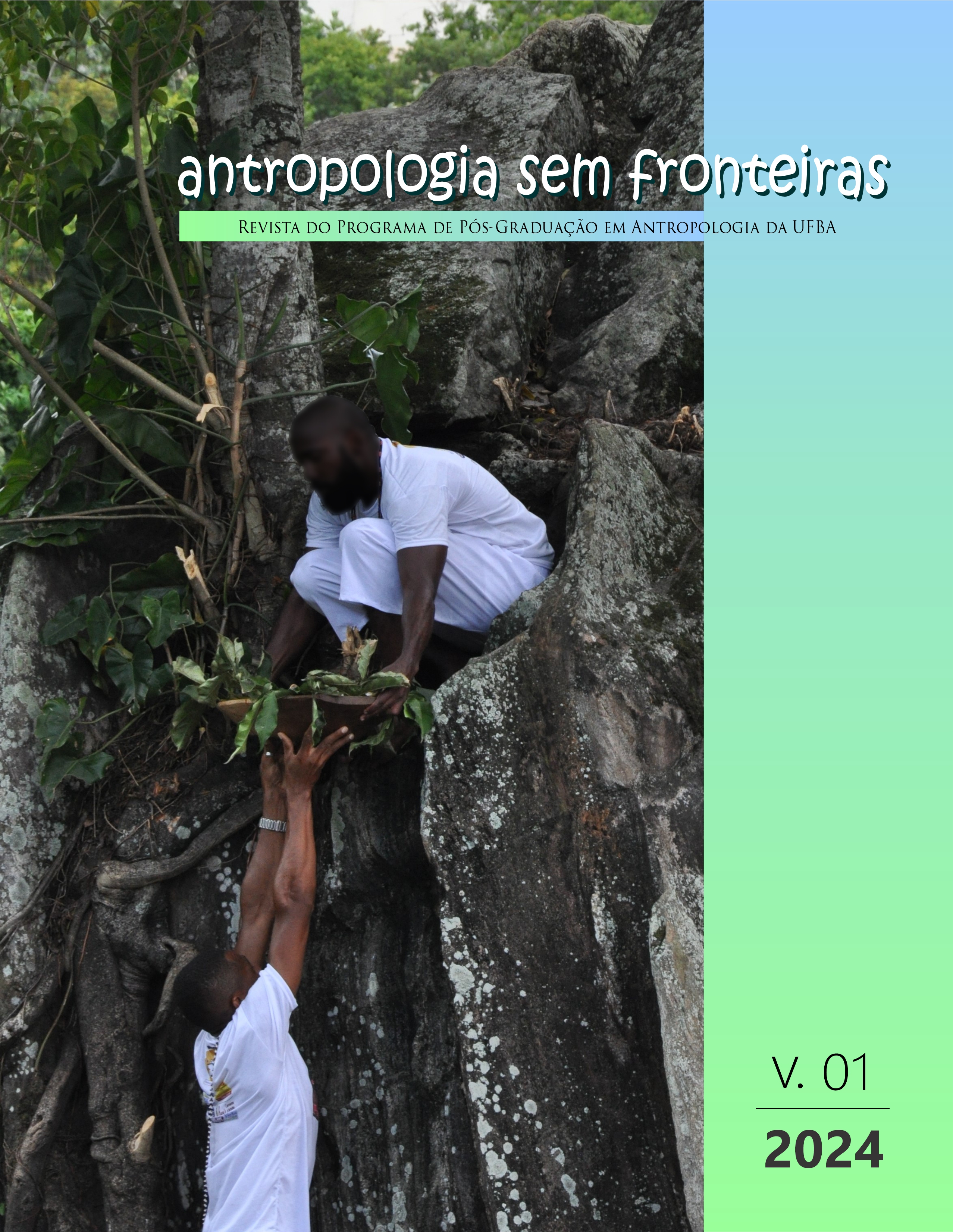#MariellePresente
world solidarities and painful realities and memories among Feminist/Queer/Black movements in Brazil
DOI:
https://doi.org/10.9771/asf157132Palavras-chave:
Police Violence, intersectionality, Social ActivismResumo
I will address the (painful) political and sociocultural context surrounding Marielle Franco’s murder in Brazil, in 2018. Marielle Franco was a Black, lesbian, feminist, activist, mother, partner, politician, and sociologist whose work focused on police violence and militarization. Her assassination constituted both a collective loss and a drastic turning point for those engaged in social struggles and the fight for justice for marginalised populations in Brazil. The attack against Marielle Franco — considered a powerful social symbol — and by extension a direct attack against leftist ways of thinking and the social achievements of Black, feminist, and queer movements in Brazil, can be perceived by some as a lost battle in the fight for equality in Brazil. In the middle of the historical violence that characterizes Brazil, which includes high rates of hate crimes and police brutality that comprises even murders (particularly against Black people), Marielle’s assassination became a sheer message for various social movements to realize what has socially been lost and the high stakes that Brazil faces regarding social equality today. I use Marielle Franco’s murder as an analytical site to disentangle Brazil’s evolving political and sociocultural context. This includes the various stances and social policies developed around gender, race, and sexuality (and their connection to left-wing and right-wing political fields) before the impeachment of President Dilma Rousseff (Worker’s Party) and during the “coup d’etat” that led Michel Temer to power and the election of right-wing President Jair Bolsonaro. I also analyze how Franco’s political life and death (i.e. who did order her assassination?) have encouraged the development of transnational solidarity movements, specifically in Montreal.
Downloads
Downloads
Publicado
Como Citar
Edição
Seção
Licença
Copyright (c) 2024 Concedem à à revista seus direitos autorais e o direito de primeira publicação. Podem publicar o mesmo texto em outros veículos (como capítulo de livro, por exemplo), desde que aguardem o prazo de seis meses e seja feita referência à primeira publicação na revista Antropologia Sem Fronteiras.

Este trabalho está licenciado sob uma licença Creative Commons Attribution-NonCommercial-ShareAlike 4.0 International License.
A Revista Antropologia Sem Fronteiras adota a política de Acesso Aberto, reafirmando seu compromisso com a democratização do conhecimento científico em escala global. Em consonância com esse princípio, as/os autoras/es mantêm os direitos autorais de seus trabalhos e concedem à revista o direito de primeira publicação, sob a licença CC BY-NC-SA 4.0. Essa licença permite o compartilhamento e a adaptação do conteúdo, desde que seja atribuída a autoria original e publicação inicial nesta revista, não haja uso comercial e quaisquer obras derivadas mantenham a mesma licença.






